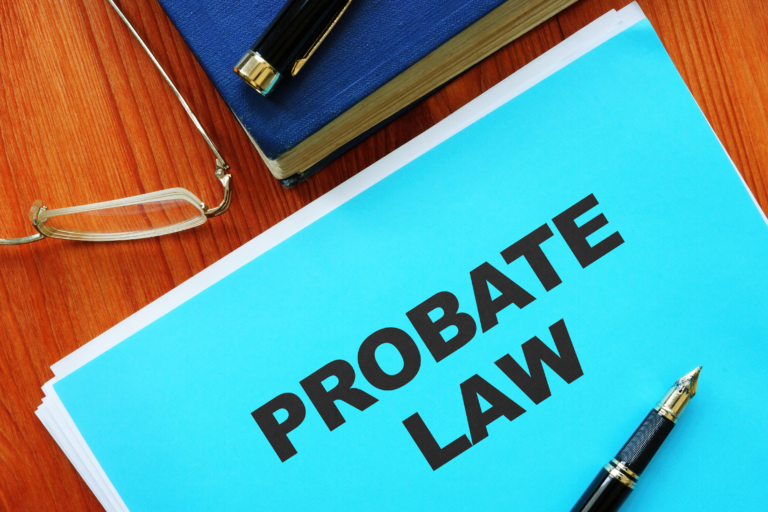When a Florida resident dies, the person in control of the decedent’s will must deposit the document with an appropriate court. Upon receipt of the last will, the court will determine the document’s validity and verify whether the decedent’s estate must go through probate.
How long does simple probate take in Florida? Read on to find out.
Understanding Probate in Florida – The Basics
Probate is the legal process in which a court oversees the distribution process of a decedent’s will to ensure the deceased’s wishes expressed in the document are carried out properly.
The purpose of probate is to organize the decedent’s estate, pay any outstanding creditors, settle any pending matters involving the estate, and transfer the decedent’s property to their rightful heirs.
Under Florida law, there are two types of probate – formal administration and summary administration.
Formal Administration
Formal administration is the default form of probate in Florida, as this method of distribution is applied in most cases. The court must issue Letters of Administration to appoint a personal representative.
Once the personal representative is granted authority to act on the decedent’s behalf, formal administration commences. The personal representative has several duties, including:
- Identifying, gathering, and protecting the decedent’s assets subject to probate
- Notifying any interested parties
- Notifying creditors
- Paying or objecting to creditors’ claims based on their validity
- Filing tax returns
- Distributing the decedent’s remaining assets to the heirs and beneficiaries
- Filing to close probate in court
Depending on the complexity of the estate, this process may result in a lengthy experience. If formal administration involves will contests, disputes between heirs, creditors’ lawsuits, or any similar issues, it may get even more complicated and time-consuming.
Summary Administration
Florida Statutes §735.201 specifies that “summary administration may be had in the administration of either a resident or nonresident decedent’s estate when it appears:
- In a testate estate, that the decedent’s will does not direct administration as required by chapter 733
- That the value of the entire estate subject to administration in this state, less the value of property exempt from the claims of creditors, does not exceed $75,000, or
- That the decedent has been dead for more than two years”
This type of probate is generally applied in fewer cases, as most estates do not meet the stricter requirements.
How Long Does a Simple Probate Take in Florida? – Taking a Closer Look
Both summary administration and formal administration can be simple. Determining whether a probate case is simple depends on:
- The size of the estate
- The complexity of the assets (e.g., intellectual property rights, business shares, property located abroad, etc.)
- The number of interested parties to the estate
- The number of creditors’ claims against the estate
- Unknown heirs
- Litigations against the estate
- Property title involving encumbrances or clouds
Generally, summary administration is simpler than formal administration, especially if the decedent’s estate is not indebted. A standard case of summary administration requires no longer than six weeks to complete.
Conversely, a simple case of formal administration requires six to nine months until the decedent’s heirs can receive their fair share of the remaining assets in the estate. Once the distribution process is over, the executor must file to close the estate in court.
Probate Does Not Need to be Overwhelming – Contact Your Florida Probate Lawyer Today
Avoid costly mistakes – immediately contact Attorneys Romy B. Jurado and Diana C. Collazos by calling (305) 921-0976 or emailing [email protected] to schedule a consultation.






